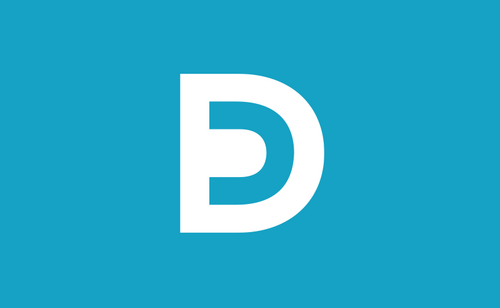Why do we still need academics?
The gradual democratization, and subsequent massification, of higher education in France have been instrumental in fundamentally transforming not only universities but also the jobs held by academics, and more broadly, their role in the public sphere. Their work is increasingly subject to contradictory demands; they must perform administrative and pedagogical tasks, while also participating in the race to obtain funding, raise international appeal, and get published. As areas of knowledge and expertise have gradually become more specialized, the model of a "universal intellectual" (which arose in France during the Dreyfus Affair) has eroded. In its place is that of the "specific intellectual" (to use Foucault's term), an expert in their field but perhaps less likely to foster a well-rounded outlook on the social order. Moreover, the transformations affecting the contemporary public space (politics, the media, etc.) have changed the conditions by which academic discourse is produced and received.
This conference, coinciding with Paris-Dauphine's 50th anniversary, seeks to assess these transformations: Specifically, how have academics' working conditions evolved since 1968, and what impact has this had on universities' missions, especially with respect to the spread of knowledge and educating students to be reflective and critical-minded. If withdrawing to an ivory tower is no longer an option at a time when the value of scientific knowledge and trust in the public deployment of logic have eroded, how should we conceive of intellectuals contributing to contemporary public debate? Is it necessary to re(invest) in politics? What publicizing strategies should be pursued to better share the results of research? Is expertise with government the only avenue?
After an opening speech delivered by Isabelle Huault, president of Université Paris-Dauphine/PSL, and an introduction from Eric Agrikoliansky, vice-president of the university, the debates will be divided into 4 large blocks of time.
Program
1:30 p.m. - 2:30 p.m. 1968-2018: What has happened to universities?
The conference opens with two key figures looking back, by way of their own career paths, on the various ways that universities, and the role played by academics in the contemporary public sphere, have changed.
Ivar Ekeland, math professor and former president of Université Paris-Dauphine
Danièle Lochak, professor emerita of law at Université Paris-Nanterre
2:30 p.m. - 3:30 p.m. What are universities for: Training students, and to do what?
French universities seem to be facing a crisis in terms of their identity and their missions, and academics are questioning their role in society. Can the professional development of students or a school's global ranking encapsulate the missions of higher education? To what extent are universities currently able to produce a reflective and critical-minded citizenry, empower students, and promote social mobility?
Stéphane Beaud, sociology professor at Université de Poitiers
Christophe Prochasson, historian and president of EHESS
Sophie Orange, lecturer in sociology at Université de Nantes
3:30 p.m. - 4 p.m. Coffee break
4 p.m. - 5 p.m. In what public spaces should we intervene?
The very creation of the noun "intellectual" reveals an impulse to participate in public debate and offer a critical look at the State and society as a whole. But the conditions of these interactions are problematic: How do we get out of purely academic spaces, talk to the media and the wider public without falling into the dual trap of hermeticism and demagoguery? How can we share ideas with economic stakeholders and businesses, or develop interactions with other fields in the intellectual sphere (artists, writers, etc.)?
Mathieu Potte-Bonneville, lecturer in philosophy and director of the cultural development department at the Centre Beaubourg
El Mouhoub Mouhoud, economics professor and vice-president of Université Paris-Dauphine/PSL
Véronique Perret, management professor at Université Paris-Dauphine/PSL
5 p.m. - 6 p.m. Academics, the State, and Politics
While academics have established close ties with the State and the political realm, the "Republic of Professors" is now merely a distant memory. There even appears to be a kind of powerlessness when it comes to influencing contemporary public policy. How can we talk with politicians and operate in the political sphere to promote public action that takes the fruits of research into account? Is expertise the only way to have an impact on public debate? How do we reconcile the ethics of conviction with the ethics of responsibility?
Dominique Méda, sociology professor and director of IRISSO at Université Paris-Dauphine/PSL
Christian de Perthuis, economics professor and founder of the climate economics chair at Paris-Dauphine
Pascale Laborier, political science professor at Université Paris Nanterre
Organized in partnership with the digital newspaper AOC, the conference is open to all academics, students, journalists, and public stakeholders.
Published on 15 May 2019

